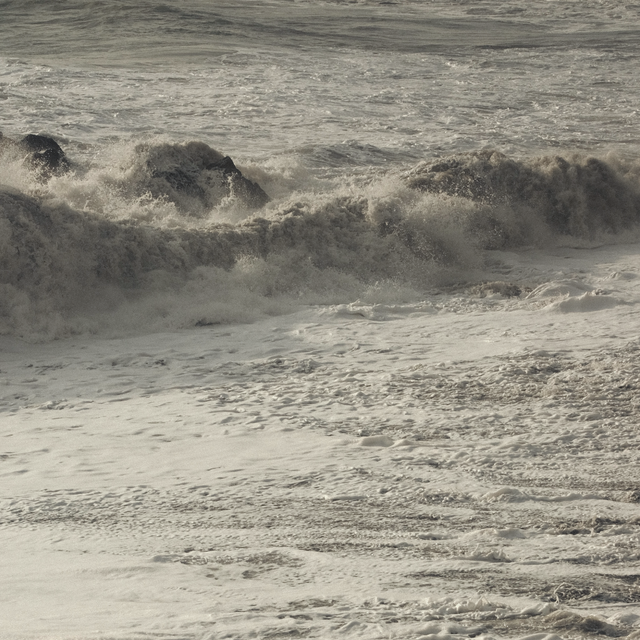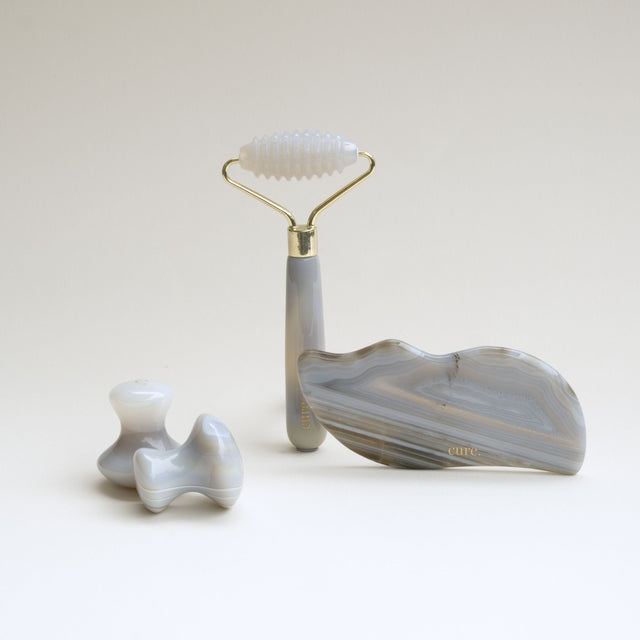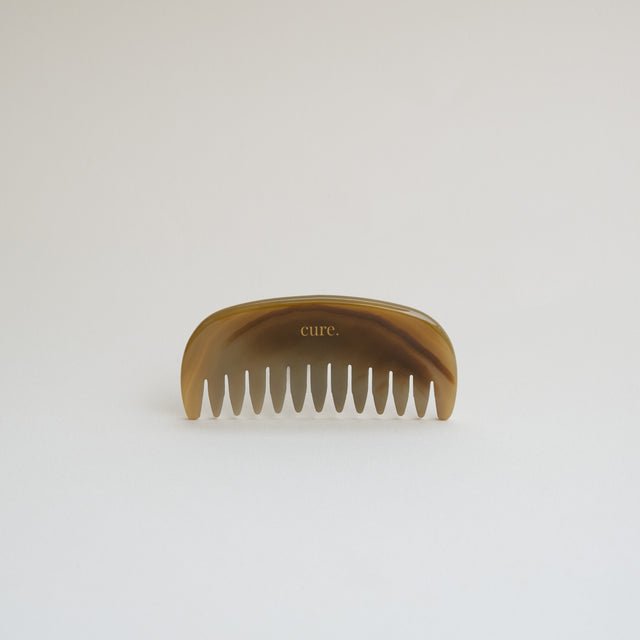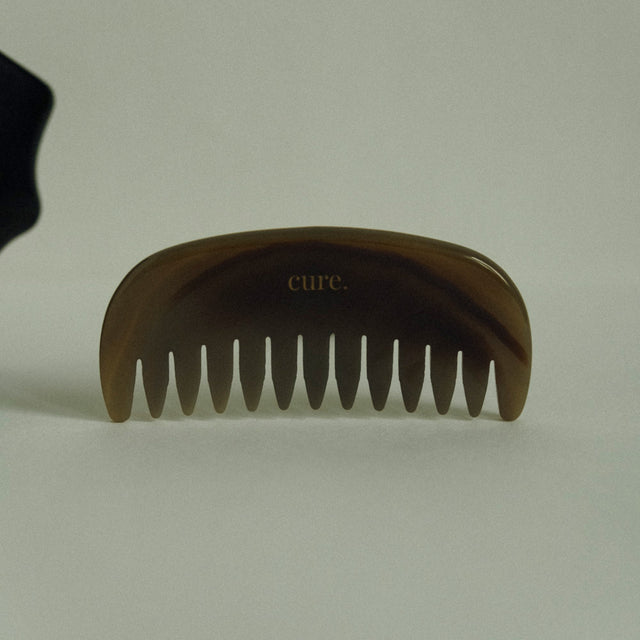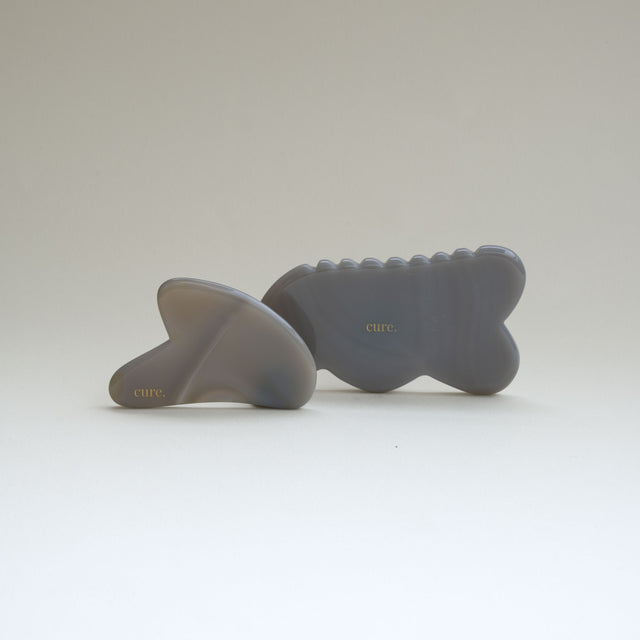Free radicals: what are they and how do they affect our skin
Anyone interested in self-care has probably heard of the concept of free radicals, which can negatively impact the skin and cause premature aging. So, what are they, and how do they form in our bodies?
Where do free radicals come from?
Another name for free radicals is oxidants. To understand what they are, we need to recall some chemistry lessons. In every molecule, atoms are bonded together by a chemical bond with two electrons. If there's a malfunction, the atom is left with only one electron, and that's when it becomes a free radical.
A free electron seeks to find a partner and attacks other cells to steal their electron. The affected cell itself becomes a free radical and spreads the oxidative reaction to other cells or simply disintegrates. This leads to a chain reaction and the oxidative stress of the body. It can provoke inflammatory processes, the appearance of wrinkles, and, in general, premature aging of the body.
Why does nature need free radicals?
Oxidants pose a danger only when there are too many of them and when they are highly active. Free radicals are constantly present in our bodies, but usually, the body keeps everything under control. Moreover, oxidants perform several useful functions: they participate in regeneration, lipid metabolism, and even help the immune system.
Oxidative stress most often occurs when exposed to external factors. This process can be triggered by smoking and alcohol consumption, exposure to ultraviolet radiation, and toxins from polluted air.
As a result of oxidative stress, early signs of aging appear on the skin: wrinkles, pigmentation spots, ptosis, and dull skin tone.
How to stop oxidative stress?
Special compounds called antioxidants can slow down the oxidation process. To ensure that the body receives its share of antioxidants, it is necessary to eat properly and engage in regular physical activity. For the skin, it is also important to use cosmetic products with antioxidants (the most well-known ones are vitamins A, E, and C) and not to forget about sunscreen, even in cold weather.

